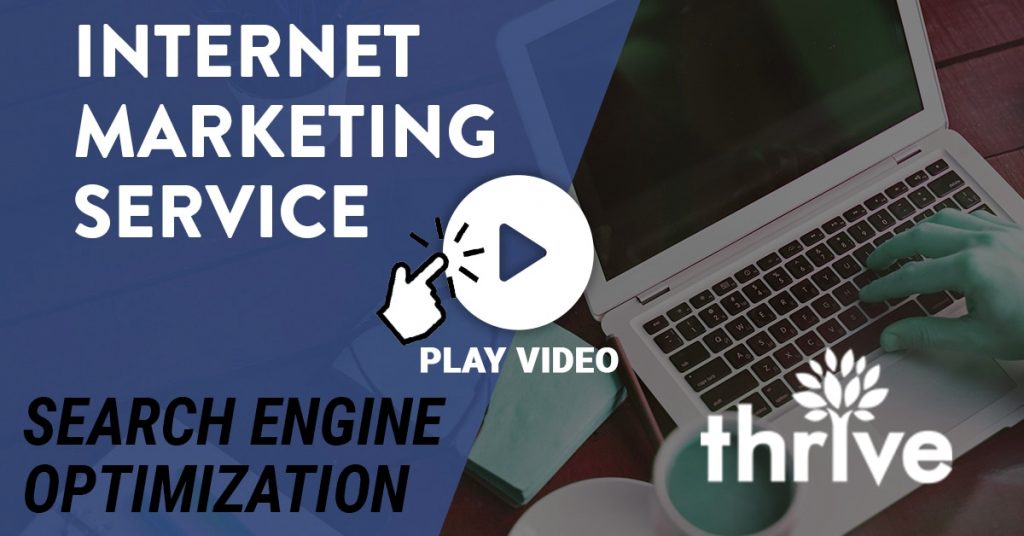Off-page SEO deals with the relationship between website and website. There is a deep-rooted connection between SEO and web design. All experts view SEO as an integral part of designing a website. That’s why you can attract SEO to your website right from the start. Google takes note of how many linkbacks your website receives.
The downside is that this can be easily manipulated through black hat SEO techniques like keyword stuffing and creating fake websites that link to the website you want to optimize. That’s why Google has instead decided to study social signals such as tweets and Facebook posts. SEO is a very important part of marketing during this time. When doing SEO, the first thing you need to do is create content.
Because without content, what do you optimize for a search engine? So you need to focus your content on the website. The things you need to keep in mind are content, what the content is about, and how it ultimately helps the user determine how SEO relates to your website. We will discuss which SEO factor deals with website relationships. On-page SEO refers to the content of your website.
Off-page SEO techniques strengthen your website’s influence and relationship with other websites. On-page SEO (also known as “on-site SEO”) is the optimization of different parts of your website that impact your search engine ranking. Where your site appears on search engine results pages depends on a number of ranking factors, including website accessibility, page speed, optimized content, keywords, title tags, etc.. On-page search engine optimization is all about optimizing the things you have control over and that you can change on your own website.
The requested URL was not found on this server. Additionally, a 404 Not Found error was encountered when trying to use an ErrorDocument to process the request. From an SEO perspective, it’s worth noting that mobile usability is a confirmed ranking factor for mobile search, and that it’s the mobile version of your website that the search engine uses to review and rate your website. With good on-page search engine optimization, search engines can easily index your web pages, understand what your website is about, and easily navigate through the structure and content of your website to score your website accordingly.
Off-page SEO focuses on increasing the authority of your domain by fetching links from other websites. On-page SEO focuses on optimizing parts of your website that are in your control, while off-page SEO focuses on increasing your domain’s authority by creating content and collecting backlinks from other websites. Breaking down your strategy and thinking about SEO as these three categories makes it much easier to organize and execute your optimization plans. We also show you different types of SEO tools that can help you improve your performance in each category.
Your typical SEO is then simply built on this solid foundation that is laid out by your information architecture and site structure. The target group analysis SEO teams, which are uniquely suited, can also help pre-development content creators. It’s not about choosing between on-page and off-page SEO, but you’d have to choose between a foundation or a roof for your house. SEOs also used to believe that buying links was a valid way to build links. However, Google is now penalizing you for buying links to manipulate page rank.
Technical SEO improves a website’s readability (making it easier for search engines to crawl and understand the site) and provides a good user experience so search engines can tell that the site is of high quality. While the number of links is still important, content creators and SEO professionals recognize that link quality is now more important than link quantity. In this post, we’ll review every type of SEO and how important they are to your overall marketing strategy.
.

